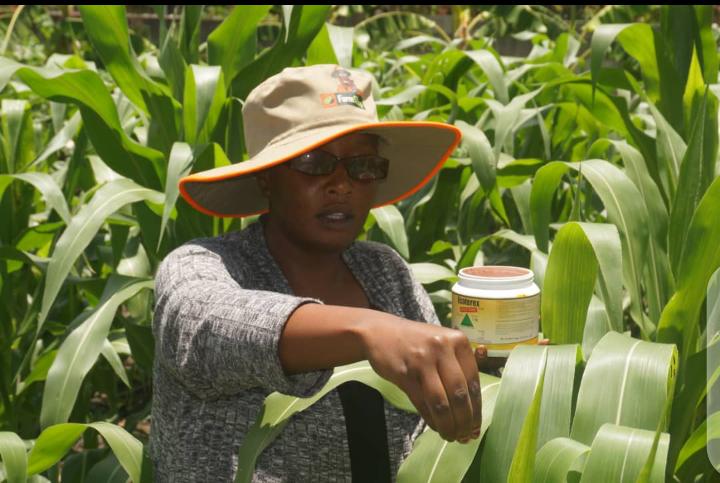By Anyway Yotamu
Traditionally, women in Zimbabwe did not take up any major roles in agriculture, leaving it mostly to men. But a new crop of ladies has taken up a bigger role in the sector.
Women in Agriculture Union (WAU) National Coordinator Olga Nhari said the economic benefits of farming have enticed more young women to venture into farming and agribusiness value addition.
“The world is evolving. Africa is evolving and right now agriculture is where the business is. That’s where the money is. Even the young generation is beginning to see it,” she said.
Nhari revealed that markets were fast opening up in Germany and China after some organisations expressed interest in buying sweet potatoes from the country.
She also encouraged farmers to increase sweet potato production, saying they would earn more once the Asian markets opened.
“A Chinese company has also shown interest in buying sweet potatoes from Zimbabwe although the plans are still in the pipeline,” she said.
Women from Zimbabwe’s rural areas form the backbone of the agricultural labour force. However, they generally work as subsistence farmers, or as casual wage laborers.
According to the National Gender Profile of Agriculture, rural women constitute about 70 percent of household labour in rural areas.
One of the women farmers Mrs. Letwinner Nyagano popularly known as (Gogo Nyagano) who attended the event said while women are a force to be reckoned with in the agriculture sector, they are also burdened with domestic roles such as caring for children, the elderly, and the sick.
The government has also over the past years prioritized the allocation of land to women and youths as part of its efforts to ensure that they fully participate in economic development.
In an effort to support women entrepreneurs financially, in 2018 the Zimbabwean government set up the Zimbabwe Women’s Microfinance Bank to specifically provide financial aid to women and youths.
The bank’s overall goal is to help women business owners to overcome the lack of collateral that holds back many potential female entrepreneurs from realizing their dreams by disbursing loans for various income-generating projects.
According to the World Bank, closing the gender gap in agriculture could increase yields on women-run farms by 20-30 percent, a development that could raise total agricultural output in developing countries by 2.5-4 percent.






